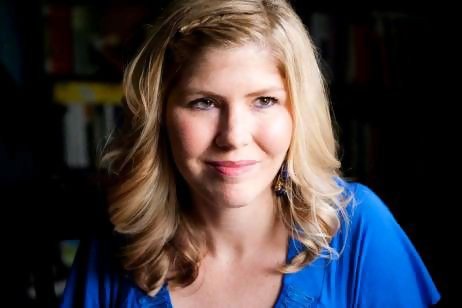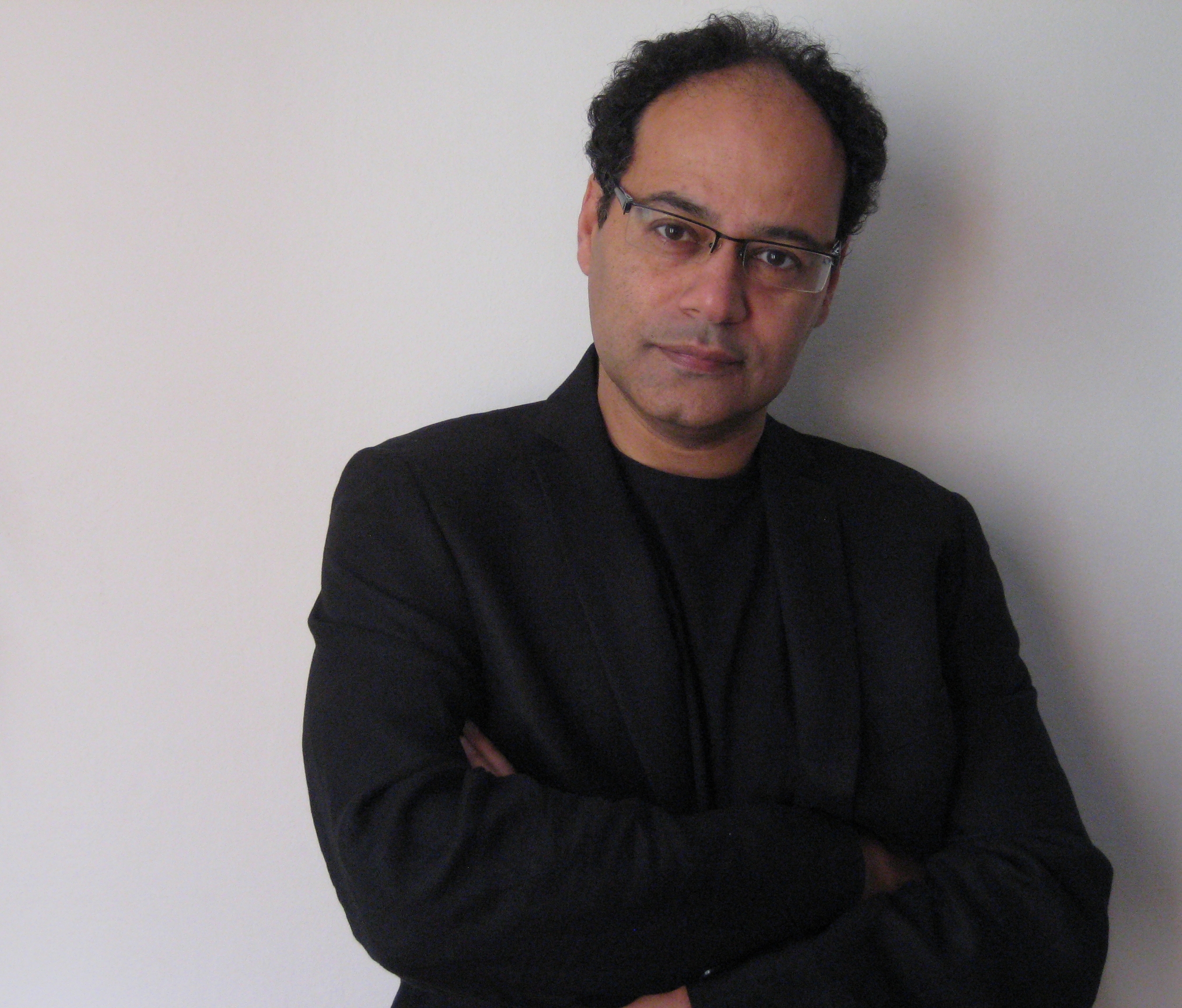>> CNN published an interesting story today on Saudi women. Entitled Pampered or Oppressed, it highlights the case of Samar Badawi, who served seven months in jail simply for disobeying her father. Earlier this month, she was given the 2012 International Women Of Courage Award by the US State Department – and rightly so. What’s fascinating in the article is that they also spoke to Rawda Al Youssef, who runs a campaign called “My Guardian Knows What’s Best For Me”. She argues that “the relationship between men and women inside the family is a complementary relationship and not an equal relationship.”
Which would clearly stick in the throat of most Western liberals. Even so, Badawi says, somewhat surprisingly: “Our laws are fair, very fair,” she said. “If not for the law, I would not have been able to escape the difficult situation I was in. The problem is that there is no legal culture here. Women here, from various backgrounds, aren’t aware of their rights.”
So it’s been intriguing to come across some of those issues in a pretty mainstream debut novel by Keija Parssinen. Called The Ruins Of Us, the jacket doesn’t actually reflect the nuanced book that lies within: it somewhat sensationally trumpets “a sweeping novel of love and betrayal” that begins with a Saudi billionaire taking a second wife (his first is American). Parssinen, though, was born and grew up in Saudi – and although she can’t imagine living in what she calls a “stifling” society today, she spends a lot of time in the book exploring the culture clash from a Western and Saudi perspective, and also tries to explain that there are people with vastly opposing belief systems within the country
Anyway, it’s a really good first novel – not least because it’s a family drama as much as anything else, and it was interesting talking to her. As you’d expect, we ended up talking about Saudi’s future. Like everyone else, it seems, she’s not entirely sure:
“What should be done about it, I’m often asked. And it does feel that changes have to come from within the country for it to have any real meaning. The Saudis have to have ownership. Which is what has happened with the Arab Spring – but it takes time.”
Click here for the full interview with Keija Parssinen in The National


